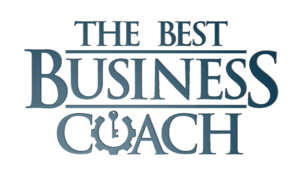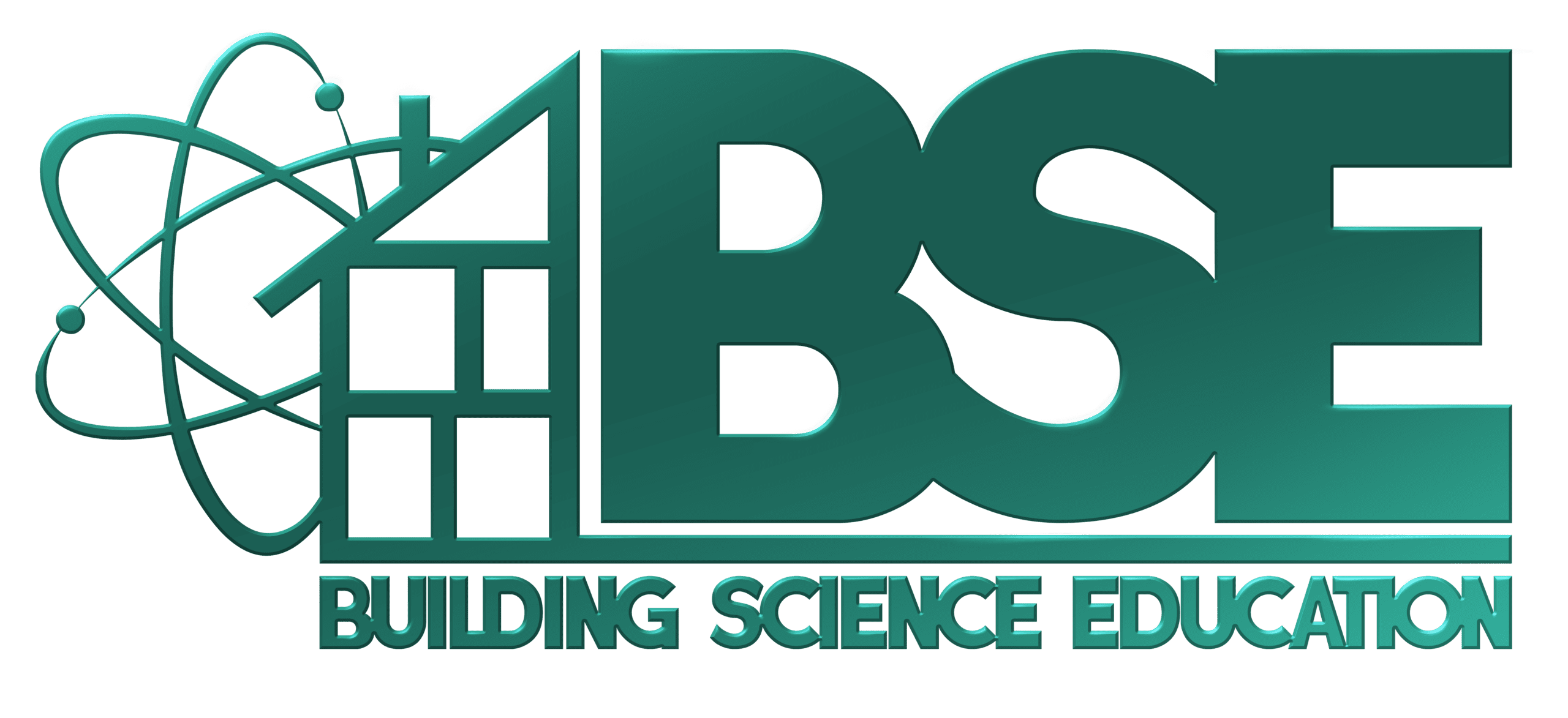How to Get Good
How Do You Get Good?
If you want to get good, the first thing to do is to acknowledge that you want to cultivate that specific skill. If you don’t acknowledge that you need to get good at something, you’ll be hindered by unrealistic beliefs. Either you’ll overvalue your skill or ignore deficiencies. This is not good for you if you’re just starting to work on personal development. As an example, I decided that I wanted to be able to write a short essay in cursive. First, I had to recognize that I could only remember about half of the cursive alphabet. I had a deficit in my memory of the alphabet. It’s not enough to say that you want to work on a skill- you have to assess yourself. This is key when it comes to the next step of “Getting Good”.
Once you’ve acknowledged that you need to cultivate a skill, you need to cast your eyes forward to where you want that skill to be. Set a realistic goal for where you want to be- the key point is “realistic”. I wanted to write an essay in cursive with very good penmanship. First I had to improve my memory of the alphabet- I wasn’t going to be able to write an essay on 15th Century Germany in a month! Instead, I gave myself a short-term goal. I decided that I wanted to take all of my notes in cursive within four weeks. This helped me get ready for my primary goal, and helped me feel like I actually improved my skill when I was able to write all my notes in three weeks!
Finally, you have to deliberately work on your skill! As I previously stated, I had a short-term goal to write all my notes in cursive. Before I could do that, I had to work on my memory of the cursive alphabet. I started small- by writing out the alphabet once a day from memory. Then I moved onto short sentences. Then I started to take notes in cursive. After three weeks, I could write every letter from memory and take quick notes on discussions in cursive. I accomplished my short-term goal!
While I haven’t written that essay yet (primary sources aren’t the easiest to translate), I take pride in being able to write in cursive. It’s a skill that not many people my age and younger worry about.
What about you? What skill are you going to Get Good at? Think about the skill you want to develop. Is it rare and valuable? Will it help you add value to others? If you answered yes, set up a plan to develop one of those skills- and contact us for more information on personal development!






